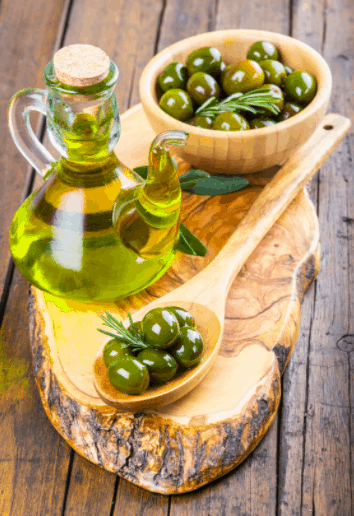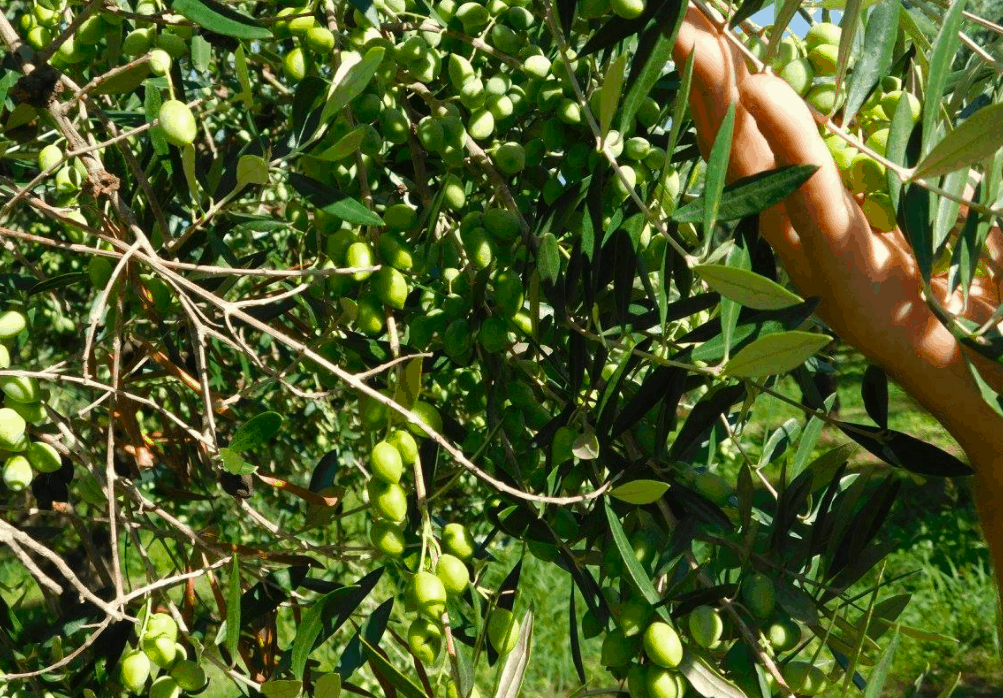A new study published in the Journal of the American Chemical Society has found that the consumption of lignan-rich olive oil could reverse the dangerous effects of some food fungal toxins.
The research addresses concerns about the possibility of food storage causing microbial growth known to produce toxins (mycotoxins), which can adversely affect the health of humans and livestock.
The study was conducted by a team of scientists from the University of Louisiana, Monroe, one of whom was Khaled El Sayed, Professor of Pharmacy.
“We believe lignan-rich olive oil can protect the sciatic and peripheral nervous system against the insult caused by potassium channels-targeting fungal toxins,” says Professor Khaled El Sayed.

Over consumption of food fungal toxins has proven to be linked to nervous system symptoms and motor systems dysfunctions including seizures and tremors.
Produced by the undesired growth of fungi, mycotoxins contaminate food and can be toxic to the human nervous system, even in extremely small doses.
Over time, the accumulation of mycotoxins in the body can be a health hazard.
Consuming phenolic-rich olive oil, however, can protect the nervous system against potentially damaging food microbial contaminants.
High phenolic olive oils are those extra virgin olive oils (EVOOs) containing a high percentage of polyphenols that are directly related to the health benefits of olive oil.
According to the EU Health Claim Labeling Regulation (432/2012), the claim may be used only for olive oil which contains at least 5 milligrams of hydroxytyrosol and its derivatives (oleuropein complex and tyrosol) per 20 grams of olive oil.
Consumers obtain beneficial effects with a daily intake of just 20 grams (2 tablespoons) of olive oil, an idea that is embraced by many research centre over the globe including Harvard University.
This global research shows that polyphenol rich olive oils have been found to provide a variety of health benefits including to:
- lower blood pressure
- protect the arteries from damage
- lower bad cholesterol
- reduce the risk for type II diabetes
- prevent many types of cancer
- prevent strokes
- fight premature ageing
- decrease the risk for depression and dementia
- slow the progression of Alzheimer’s up to 40%
- reduce inflammations in the body.
What are the phenolic compounds?
Phenolic compounds are the organic by-products of plant synthesis and are known as phytochemicals.
Regarded for their health promoting properties, polyphenols and are found in olive oil as well as fruits, vegetables, whole grains, nuts, seeds and legumes, coffee, tea and wine, some fats and in spices.

However, there are phenolic compounds unique to olive oil that only occur during the malaxation process.
In olive oil extraction, malaxation (derived from the Greek word ‘μαλακος’ meaning ‘soft’) is the action of slowly churning or mixing milled olives, typically for 20 to 40 minutes.
The churning allows the smaller droplets of oil released by the milling process to aggregate and be more easily separated.
The malaxing process determines the balance between the quality and the quantity of the oil extracted, by varying a range of parameters such as the time, temperature and atmosphere, as the olive paste is gradually heated and the enzymes within are activated.
When it comes to achieving health benefits, the quality of the olive oil does matter
“We believe lignan-rich olive oil can protect the sciatic and peripheral nervous system against the insult caused by potassium channels-targeting fungal toxins and therefore can be used to make human and livestock food additives to provide added protection and increase food safety,” says El Sayed in a recent interview with Olive Oil Times.
The mycotoxin, Penitrem A, which can contaminate both human and animal food, is one of the most common contaminants to which humans are vulnerable.
Penitrem A was confirmed as a common food contaminant after being detected in samples of non-mouldy bread that had been stored and refrigerated for three days.
Other mycotoxins include lolitrems and ergovaline which are produced in pasture grasses.
Lolitrems and ergovaline are toxic to grazing animals and can lead to Fescue toxicosis, a livestock disease which costs the global beef industry over a billion dollars every year.
The Journal of the American Chemical Society study concludes that olive oil could become a food additive ingredient for improving food safety and increasing protection for both humans and livestock.
Another reason why the olive oil rich Mediterranean diet is a healthy lifestyle choice to be enjoyed by all.
Recommended links:

Read also on Greek City Times:
Why Greek olive oil soap is considered to be the best in the world






